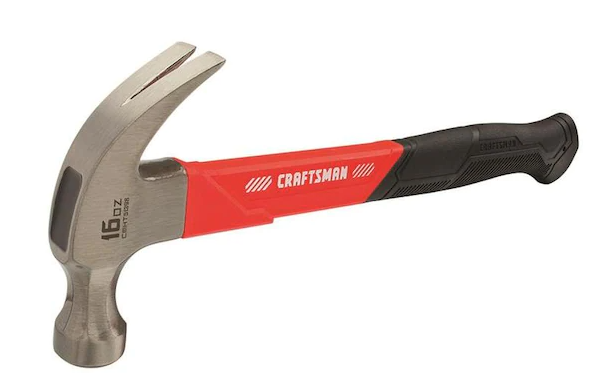
Claw Hammer: A good hammer is one of the most important tools you can own. Use it to drive and remove nails, to pry wood loose from the house, and in combination with other tools. They come in a variety of sizes, although a 16-ounce hammer is the best all-purpose choice.
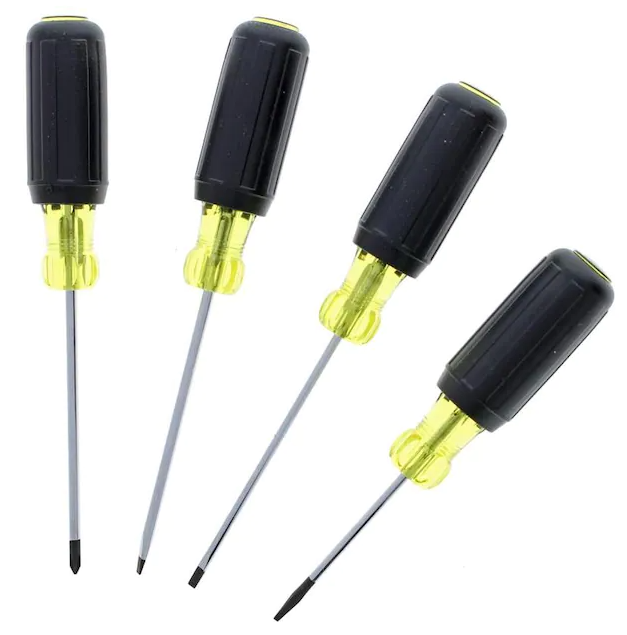
Screwdriver Set: It’s best to have four screwdrivers: a small and large version of both a flathead and a Phillips-head screwdriver. Electrical screwdrivers are sometimes convenient, but they’re no substitute. Manual screwdrivers can reach into more places and they’re less likely to damage the screw.
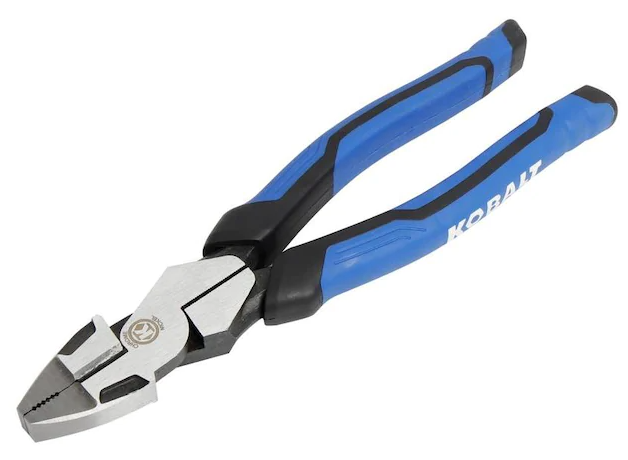
Wire Cutters: Wire cutters are pliers designed to cut wires and small nails. The side-cutting style (unlike the stronger end-cutting style) is handy, but not strong enough to cut small nails.
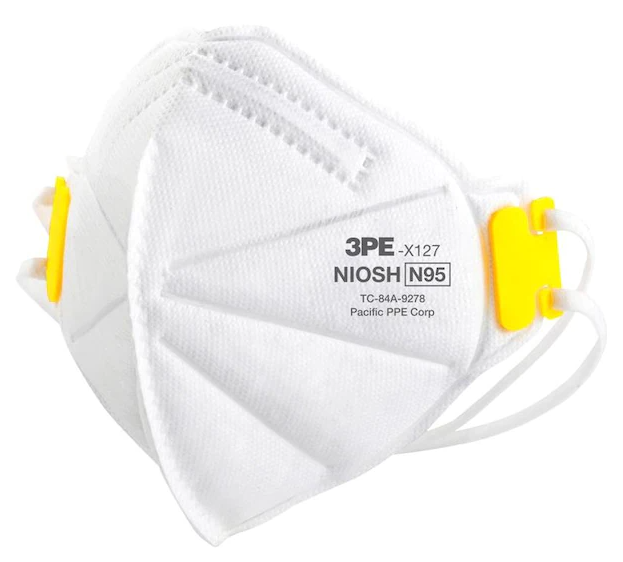
Respirator / Safety Mask: While paints and other coatings are now manufactured to be less toxic (and lead-free) than in previous decades, most still contain dangerous chemicals, which is why you should wear a mask to avoid accidentally inhaling their fumes. A mask should also be worn when working in dusty and dirty environments. Disposable masks usually come in packs of 10 and should be thrown away after use. Full and half-face respirators can be used to prevent the inhalation of very fine particles that ordinary facemasks will not stop, such as insulation fibers and sawdust.
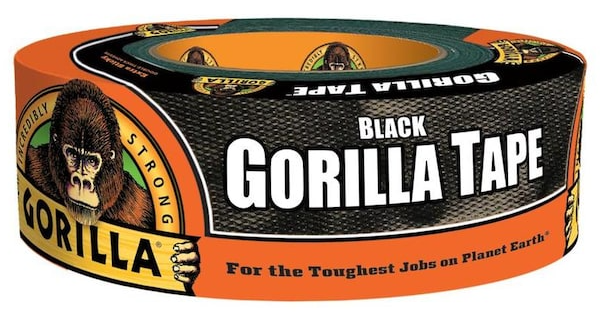
Duct Tape: This tape is extremely strong and adaptable. Originally, it was widely used to make temporary repairs to many types of military equipment. Today, it’s one of the key items specified for home emergency kits because it’s water-resistant and extremely sticky. Duct tape now comes in a variety of colors, but remember that it’s meant to be used as a temporary fix.


